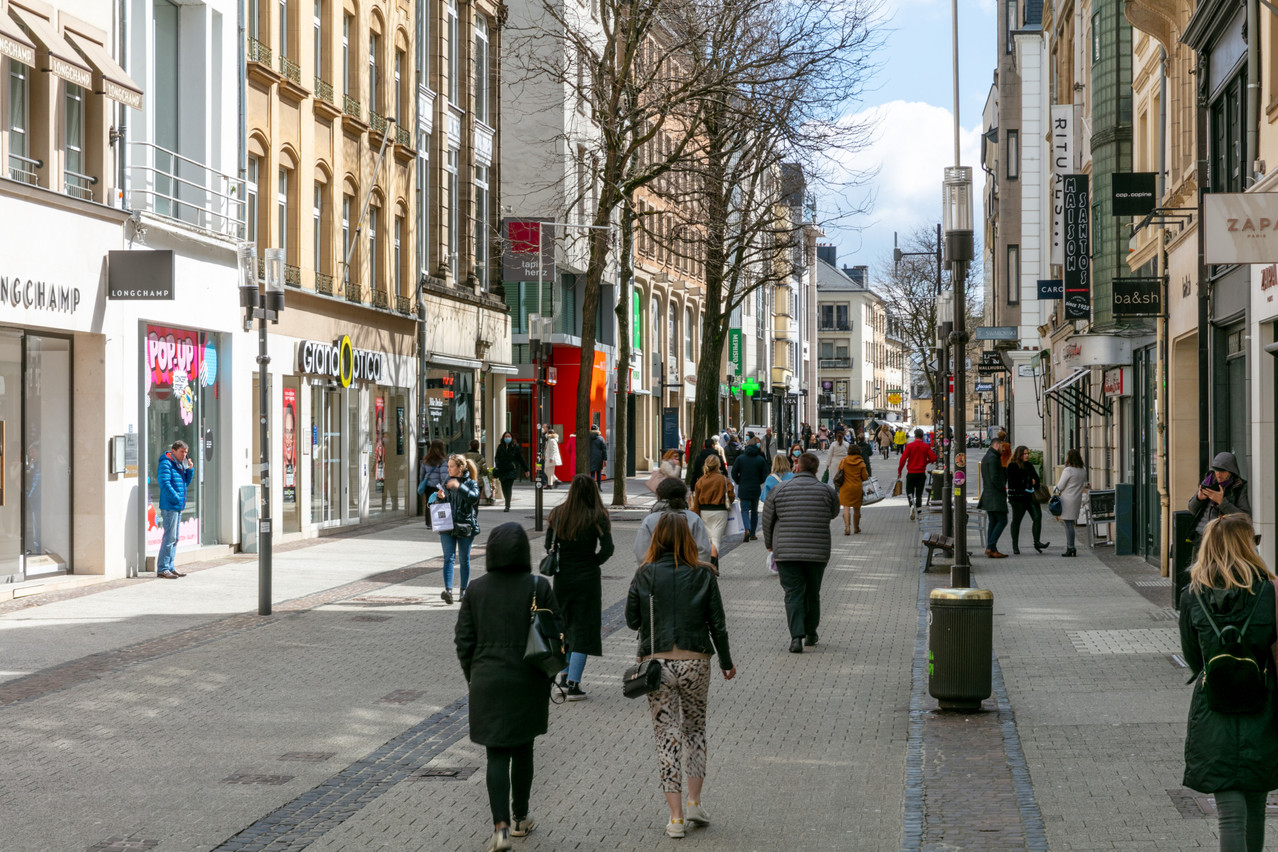National statistics office Statec on Tuesday released a report on household finances in the country in 2021. The study is based on information provided by residents of how they perceive their situation rather than empirical data on revenue or spending.
The number of households who said they have difficulty to make ends meet dropped from 26.5% in 2020 to 23.4% last year, Statec said, marking a recovery from the pandemic. However, the rate of households who said it is “very difficult” for them to make do rose from 3.6% to 3.9%.
The study follows a similar report by the Chamber of Employees in June, which found that nearly 10,200 people in the county relied on the help of social grocery stores and foodbanks in 2021. The European Commission this month granted €390,000 in aid to help Luxembourg feed its poor.
Overall, households reported better financial stability last year than in 2020, returning mostly to pre-crisis levels.
For example, 4.3% of households in 2020 said they couldn’t properly heat their homes. This number dropped to 2.5% last year. And while 22% in 2020 said they couldn’t afford an unforeseen expense, this rate was at 16.9% in 2021.
Still, 69.5% of households last year said that repaying a loan or other debt was a significant financial burden, compared to 73% in 2020. Very few households were late on paying back loans or making rent (2.7% in 2021) or any recurring bills (2.3%).
While most indicators improved last year, this hides growing social inequalities in the country, as households reporting to be in financial difficulty saw their situation deteriorate further.
For example, while more than half of households (57.5%) who find it difficult to make ends meet said they couldn’t afford any unforeseen expenses in 2020, this number rose to 67.5% last year.
Meanwhile 42% of those struggling to make ends meet said they couldn’t afford to go on holiday for a week in 2021, up from 35.7% the year before. And more financially disadvantaged households struggled to pay their bills last year than in 2020, 12.3% compared to 7.7%.
A total of 4,353 households responded to the Statec survey.
Read also
The report does not yet include data on 2022, which has seen inflation trigger a cost-of-living crisis across the EU, aggravated by high energy prices as a result of Russia’s war in Ukraine.
Luxembourg in July introduced a tax credit to help households shoulder the burden of rising prices after deciding to postpone any additional indexation payments that adjust wages to inflation until next year after a first salary increase in April.
While the government has argued that the tax credit offers more financial compensation for households than indexation, the OGBL labour union and some opposition groups have opposed the maths behind this calculation. Statec director Serge Allegrezza in an interview with RTL on Monday said that big differences in the make-up and spending habits of households made it difficult to take all eventualities into account. Statec bases its models on splitting salaries into five brackets, from low-income to high earners.
